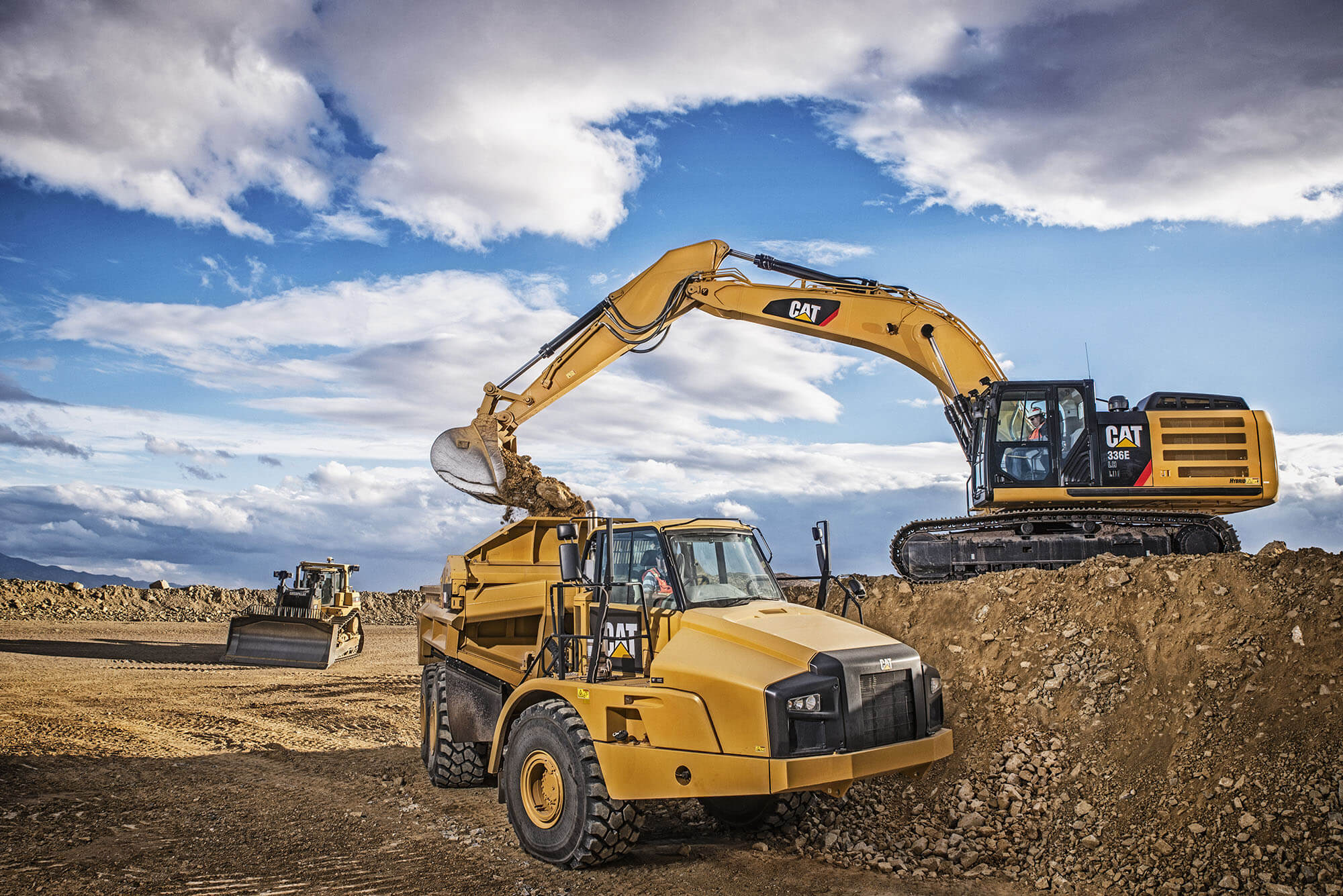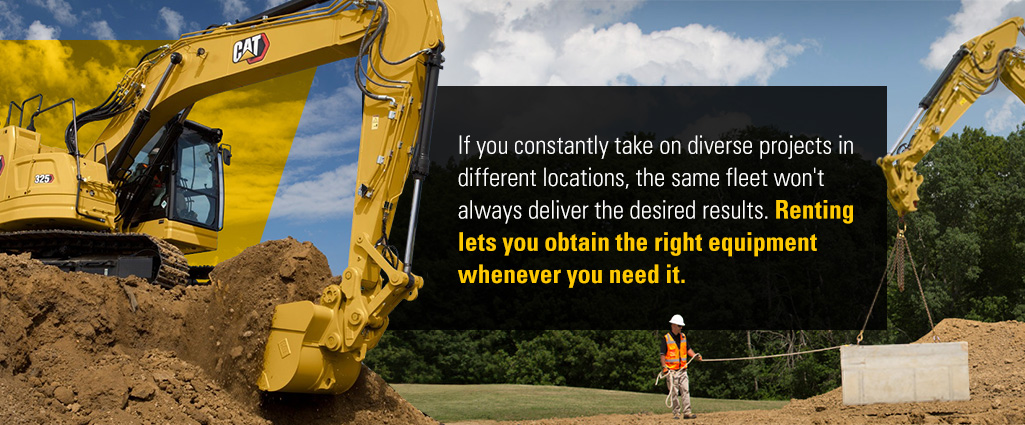Construction businesses must prioritize effective equipment fuel management practices to optimize operations and reduce waste. Whether you’re looking to maximize your investments or lessen the potential negative impacts of your construction projects, a few strategies can help your team achieve greater fuel efficiency.
Understanding the Need for Effective Fuel Management in Construction Equipment
Fuel management impacts various key aspects of your construction business:
1. Operational Costs
Fuel accounts for a significant amount of the overall operating expenses for many construction projects. By carefully monitoring fuel usage and following the best practices, your team can effectively lower daily operational costs and boost profitability.
Tracking your fuel levels and usage can also help your team optimize refueling schedules and maintain minimal operational disruptions. Effective management helps ensure your business achieves the greatest project efficiency possible. With the right fuel management practices, you can avoid issues like inconvenient refueling needs that can lead to increased downtime or operational delays that impact how quickly you can complete important tasks.
The right fuel management efforts can play an important role in controlling your business’s project costs and timelines.
2. Equipment Performance
Construction equipment fuel efficiency directly influences performance. Fuel consumption is linked to a machine’s reliability and power output, so proper management is essential for achieving the greatest overall efficiency and productivity.
Further, your fuel practices will impact your equipment’s life span and longevity. Using high-quality fuel and keeping up with maintenance practices can prolong the life of your fleet while offering additional benefits, like reducing repair costs and helping you realize a maximum return on investment. Adhering to these best practices can contribute to more reliable and consistent fleet performance.
3. Environmental, Health and Safety Considerations
The environment is another key reason why effective fuel management is important for your construction business to consider. By taking steps to optimize fuel consumption while still achieving project efficiency goals, your team can strive to minimize greenhouse gas emissions on each project.
For many construction businesses, reducing environmental impact is an important priority. You can effectively lessen your operation’s impact on the planet by establishing the most fuel-efficient practices. Be aware of the applicable regulations or emission standards for your machines set by governing bodies like the Environmental Protection Agency. Your business must aim to optimize fuel efficiency to stay compliant and avoid potential violations. Some local municipalities and cities also have some own environmental regulations to consider.
Fuel management is also an important part of job site safety. Your team should be familiar with and facilitate the safest handling, storage and fuel usage to avoid accidents or hazards while supporting optimal performance.
Strategies to Improve Fuel Efficiency in Heavy Construction Machinery
Construction businesses can use a few strategies to boost fuel efficiency to ultimately reduce costs, improve equipment performance and minimize negative environmental impacts.
1. Prioritize Proper Maintenance

One tactic for optimizing fuel efficiency is prioritizing appropriate ongoing maintenance efforts. Establish a routine for preventative maintenance and ensure your operators inspect their equipment daily.
They should take a closer look at the machine’s fluid levels, filters, spark plugs and wear components regularly. Check tires or tracks for signs of wear and tear and encourage your operators to tend to repair needs promptly.
Remember to have a professional inspect your equipment as needed, too. Prioritizing equipment inspections can help you locate small issues before they turn into major problems that waste fuel and cause project setbacks.
These maintenance practices will help to ensure your equipment operates efficiently and consumes less fuel.
2. Train Your Operators on Best Practices
Another way to improve construction equipment fuel efficiency is to train your operators. They should be well-versed on how to use their machines. Remind them to avoid common activities that waste fuel, like frequent idling or improper usage.
Discuss best practices and explain why optimizing fuel efficiency is important to your business’s bottom line. Bring it up often and remind your team to prioritize the best operational techniques to support lower fuel consumption.
3. Use Newer Equipment Technology
Modern construction equipment technology can help your business reap many benefits, including increased visibility into fuel efficiency with the help of data and monitoring systems. Investing in newer systems is a great way to harness more insight into how each machine is operating and whether it is using too much fuel.
Data is an incredible tool for identifying opportunities for improvement and reducing unnecessary fuel waste that is impacting your business’s bottom line.
4. Choose the Right Machines
Construction businesses can improve fuel efficiency by selecting the right piece of equipment for every job. As you decide which machine in your fleet to use, consider how it will perform on the job site. Assess load capacity requirements and ground conditions.
Be strategic about the size and speed of your equipment. For instance, using a machine that is too small for a certain task can strain the engine and lead to excessive fuel consumption. Opting for a machine that is too large for a particular application can also result in wasted fuel and inefficiencies.
5. Minimize Equipment Idling
Equipment idling burns fuel without positively contributing to your project’s productivity. Encourage your operators to minimize how often and how long they allow their machines to idle and waste fuel.
Creating idling guidelines can help your team combat unnecessary operations. Setting a specified warmup and shutdown time can help your operators stay cognizant. Your construction business can also benefit from investing in tech that tracks idling behaviors and has fuel-saving settings.
6. Optimize Each Load
Another strategy for increasing your equipment’s fuel efficiency is prioritizing load optimization. You can effectively reduce energy needs and minimize wear and tear on your machines by ensuring your operators follow the manufacturer’s load capacity requirements.
If you do overload your equipment, you risk increasing resistance, strain and drag on the machine during operation, all of which contribute to excessive fuel consumption.
Optimize Fuel Efficiency With Reliable Equipment and Maintenance Services From Warren CAT
If your construction business is looking to maximize fuel efficiency with high-quality machines, turn to the selection from Warren CAT. We are proud to be the authorized Cat® dealer in Oklahoma, West Texas and the Texas Panhandle.
You can choose from new, used and rental options, depending on your unique project requirements and budget. We’re your long-term partner for all your equipment needs. We also offer routine service and preventative maintenance to keep your machines functioning at their best.
Browse the durable construction equipment available from Warren CAT or find a dealer location near you today.




















